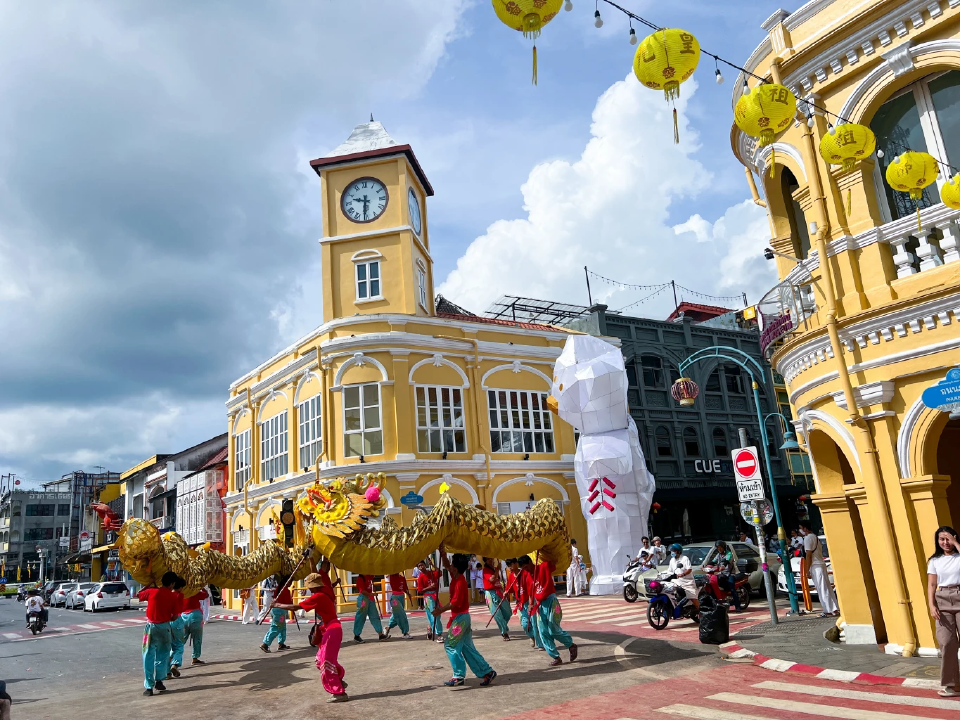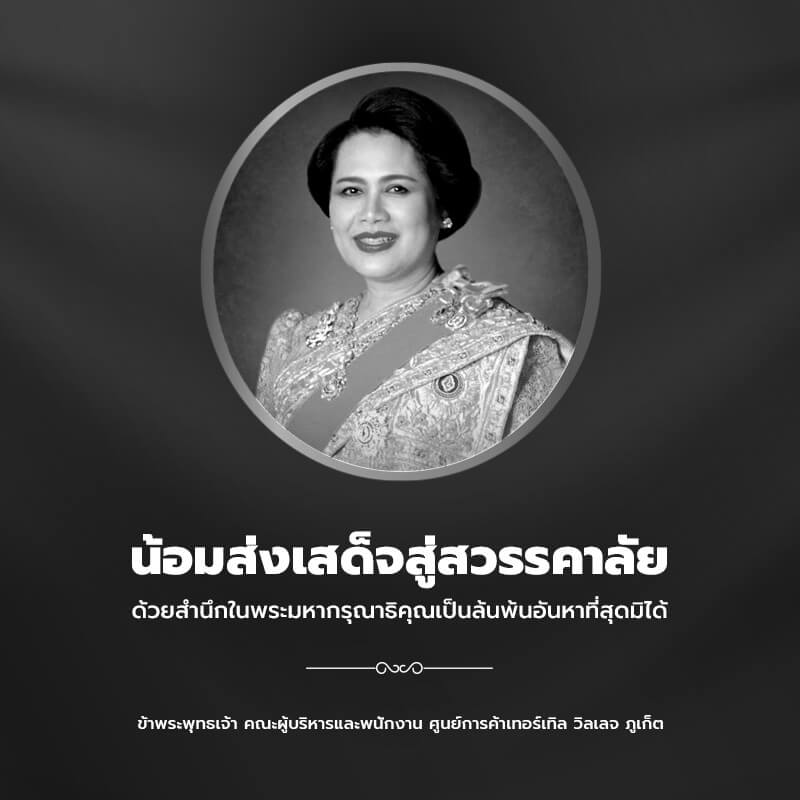
During the Vegetarian Festival, various events and rituals take place, with the most popular and grand celebration held at the “Phuket Vegetarian Festival,” also known by locals as the “Vegetarian and Abstinence Tradition” (Jia Chai). Besides abstaining from meat, there are unique rituals such as raising the Ko Teng pole or the “god pole” and lighting nine lanterns at its top, which must remain lit for all nine days and nights. This ritual is considered the most important part of the Phuket Vegetarian Festival. Each temple also hosts impressive sacred ceremonies, making this festival the largest and most well-known to foreigners.
The tradition of the Vegetarian Festival is called “Gao Huang Jie” or “Kiu Ong Jie,” which means the “Ninth Month Vegetarian Festival.” According to legends, the festival commemorates various stories, such as honoring the hero “Ngee Hua Tuang” or worshiping seven Buddhas and two Bodhisattvas, or venerating the Song Dynasty. For some Chinese descendants, the Vegetarian Festival is a religious tradition. They choose to observe the festival to purify their bodies and minds. For Thai Chinese, it means keeping the eight precepts of Mahayana Buddhism. Many might have heard the phrase “one vegetarian meal saves ten thousand lives,” reflecting the belief that vegetarianism spares animal lives and honors Buddha and Bodhisattva Guan Yin (the Goddess of Mercy).





